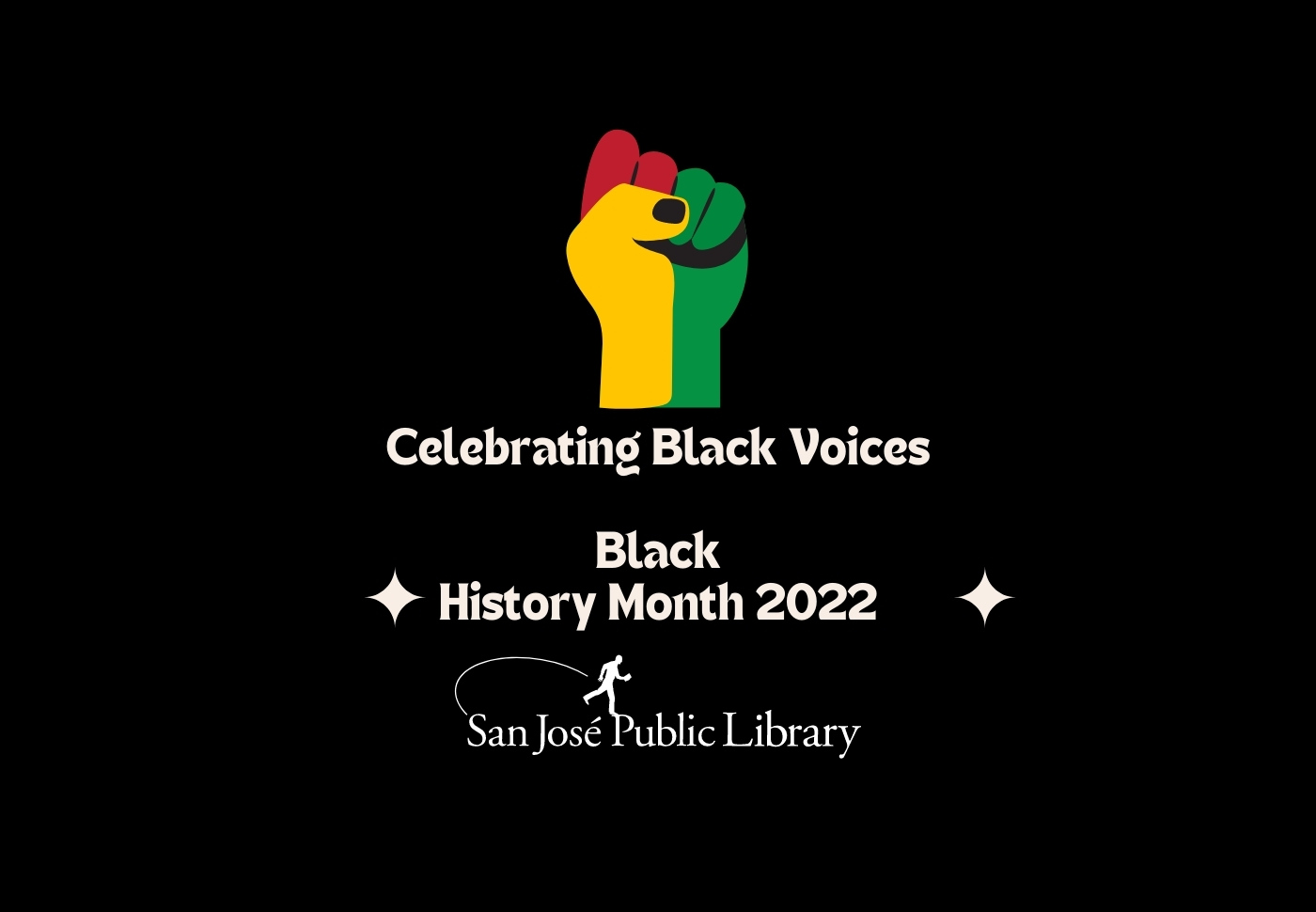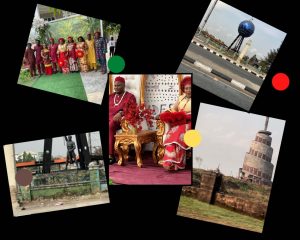
Today's blog post I will not be sharing my story but, that of a co-worker Ifeanyi Ogamba, a librarian at the Alum Rock Branch. Ifeanyi recently traveled to Africa and while there attended a wedding. He was gracious enough to share his experience with us.
It is true many Black Americans especially those who have ancestry rooted in slavery struggle to find out where their ancestral roots are buried as records of slaves can be hard to find. However, with home DNA kits becoming more common place many Black Americans are able to now have a glimpse into the lost history of those long lost African ancestors. While this is wonderful we must remember that Black people are not monolithic and many have deep African connections. So enough from me...
Ifeanyi Ogamba: Nkem Nigeria Nkem Naija
Roots... Not the Emmy award-winning TV show. No, no, no; I mean Roots. There’s nothing fibrous about what I’m saying either. I’m talking about Roots. The source. Origins. Ancestors. We all have them. We take them with us everywhere we go. How? In our DNA of course. The very blood that courses through our veins is directly contributed by these people from the past. Indeed, genetic information that stretches hundreds of thousands of years through evolution and natural selection is why you are how you are. History. DNA. Roots. They truly are an amazing thing. Aren’t they?
With Knowledge comes power. Knowing the who, what, where, when, why, and how can provide peace of mind and elevate ones understanding of their surroundings. It did for me. In order to truly understand myself, I had to look towards the past. “If you don't know where you've come from, you don't know where you're going” (Maya Angelou). I knew where I came from but I wanted more answers. I wanted to go to the source. I wanted to go to the motherland. Yes, I was blessed with the opportunity to live there as a teen, however, now as a man I needed a different lens. And so I went, but not by myself; I took my loved ones with me. We wanted that heightened understanding of our people. We wanted to know what our ancestor’s cultural ideals were. How they interacted with the land and one another. How our land looked, felt, and smelled. We wanted to know the history of our people before the Americas. We wanted to know what we couldn’t find out on Google. We just wanted to know. So we went and found out ourselves.
Going to the motherland, more specifically Nigeria, where my people are from is an experience that cannot be put into words, yet, I’ll try my best to explain even though I feel the experience is best felt, not read. Simply put, red pill or blue pill? That’s right. Going to the motherland was like being unplugged from the Matrix. Zion, in all its beauty. I felt so in touch with my people that I could hear my ancestors chanting as I touched the red soil of my people’s land. Red soil that stained my fingers, full of minerals in my village home. When I wore Nigerian garments, I felt like a Nigerian Prince. Looking in the mirror was like looking at an image of a royal past. When I spoke the Igbo language to my elders in Nigeria, I felt one with my ancestors. At times, goosebumps covered my body as if the holy ghosts of the Igbo people were trying to give me a spiritual hug. There’s nothing like it. The fried plantains, fresh fish, and red stew are Igbo meals that nourish the soul. The embracing of one’s ancestral people is a feeling that cannot be matched.
Never forget your Roots, for those Roots, if intact is what leads to the true understanding of your family tree. Not an understanding of a small branch, but the entire tree. Without strong Roots, strong gusts of winds can knock down the biggest tree. With strong Roots, said tree can survive a hurricane and weather any storm. The deeper the Roots, the stronger the tree. The deeper your understanding, the stronger your bond. History. DNA. Roots. They truly are an amazing thing. Aren’t they?
Never Forget
I challenge you all to take Ifeanyi's words to heart. If you have not taken the time to explore your roots, I challenge you to do so. Take some time to understand what is your family's American story. I have always believed that when we understand the past we are better informed for the future. However, I am asking you to take your research a step further. As you rediscovery past members of your family compare it to what the lives would have been like for people who are different than you. See what privileges or obstacles those people may have faced. Think about how we are interconnected but acknowledge that our families have experienced very different lives. Now it is possible you may find out things you don't like but I want you to know that's ok. What is important is that we realize how these people, and their lives shape your life today. Taking a deeper look is how we build empathy and is the first step in acknowledging how discrimination has shaped many of the institutions, systems and neighborhoods in America.




Add a comment to: Celebrating Black Voices: It’s About the Roots